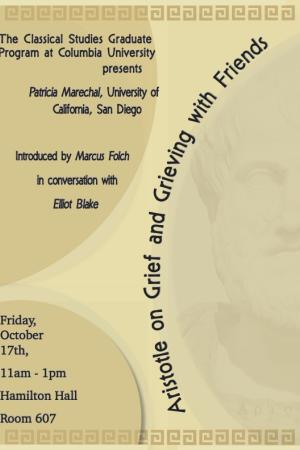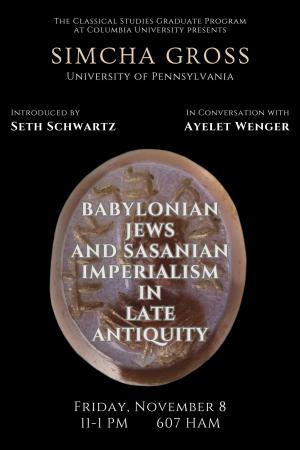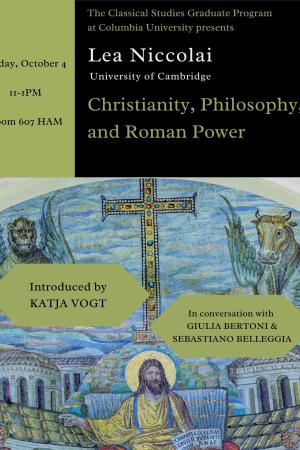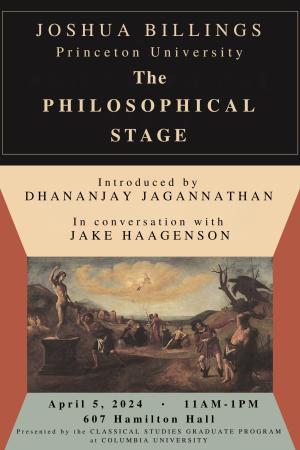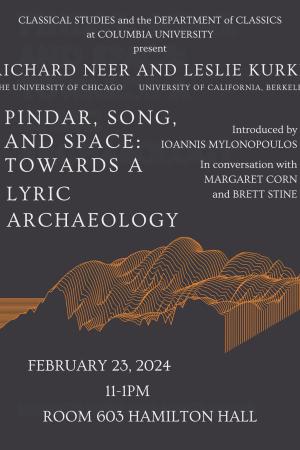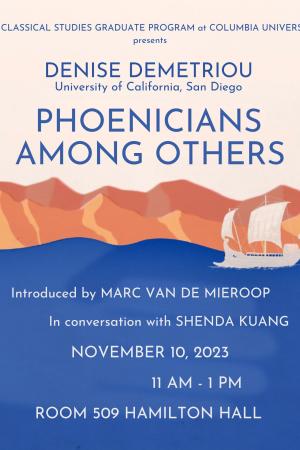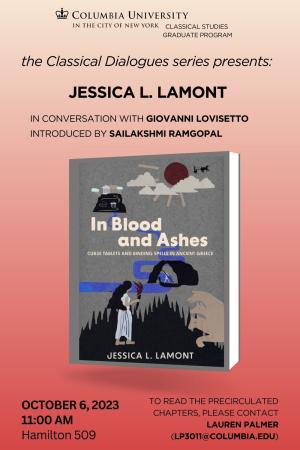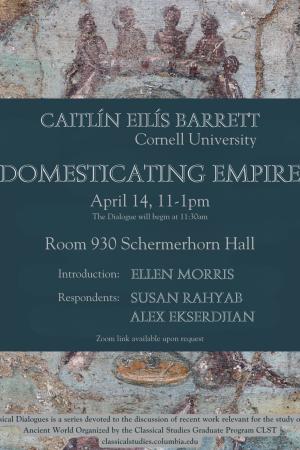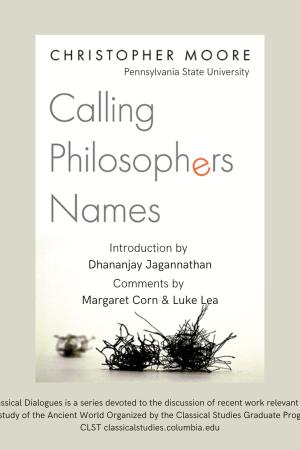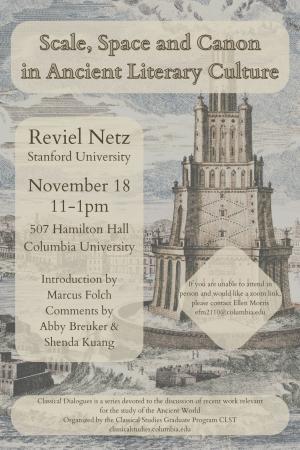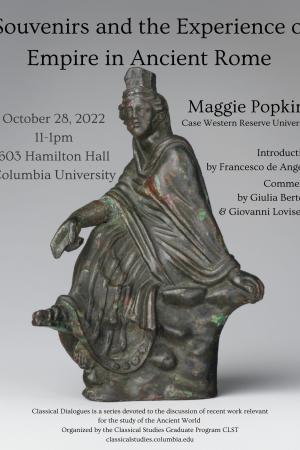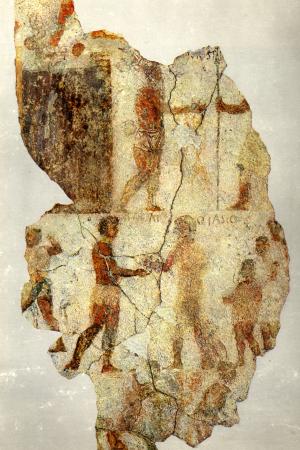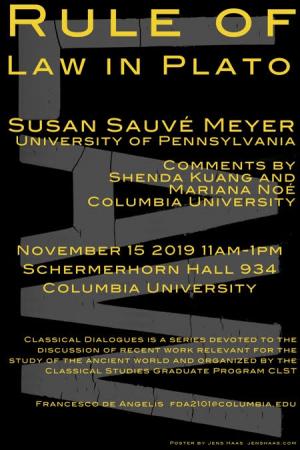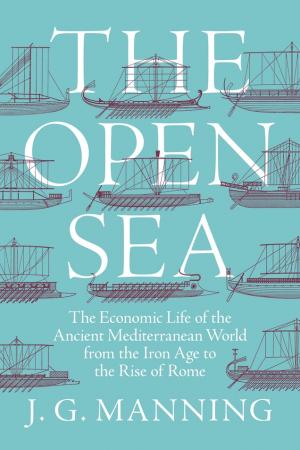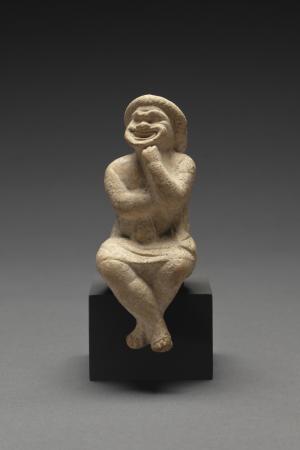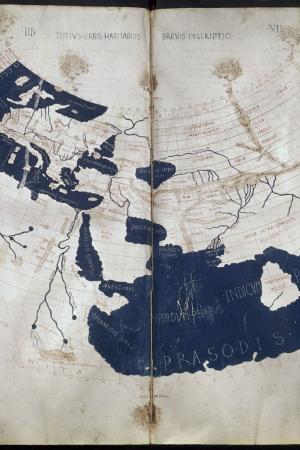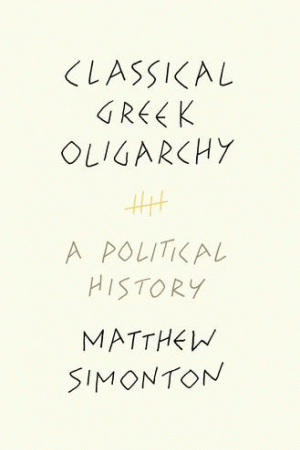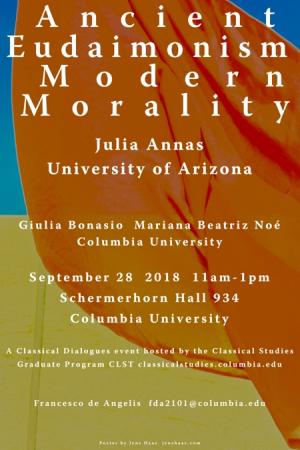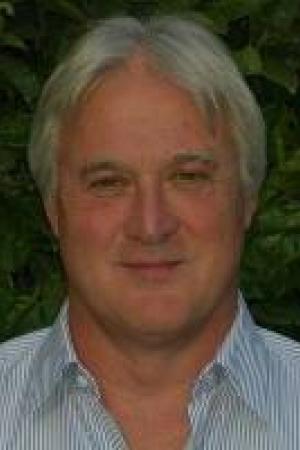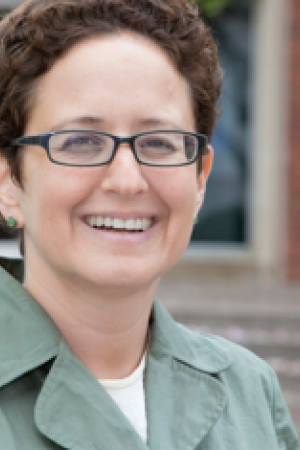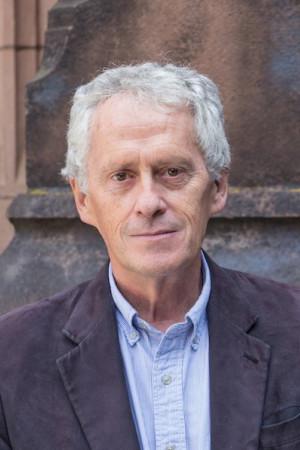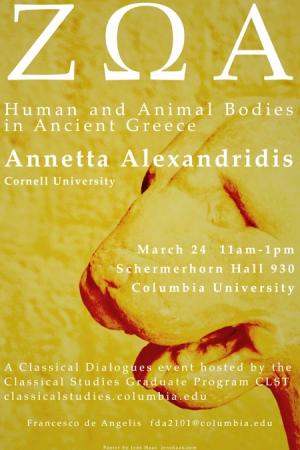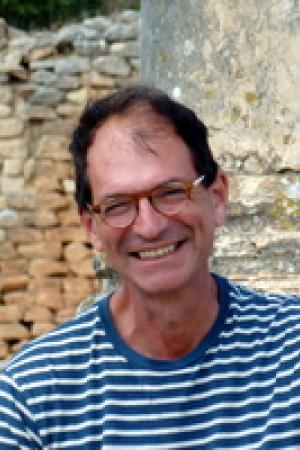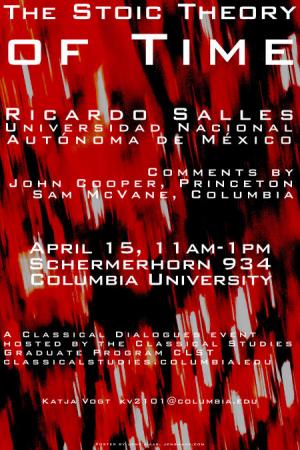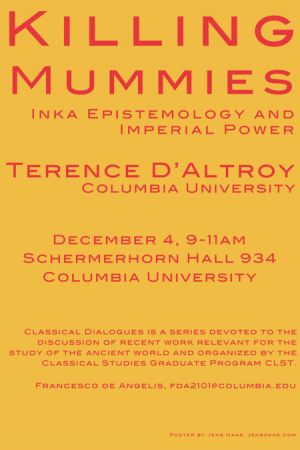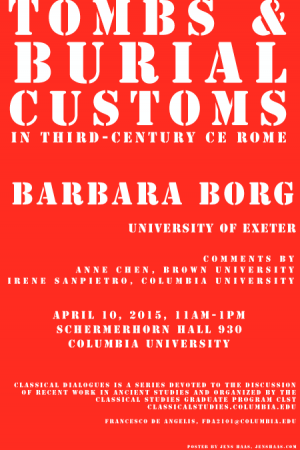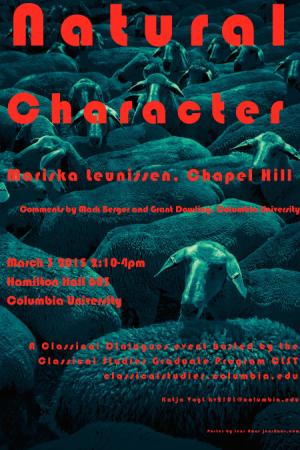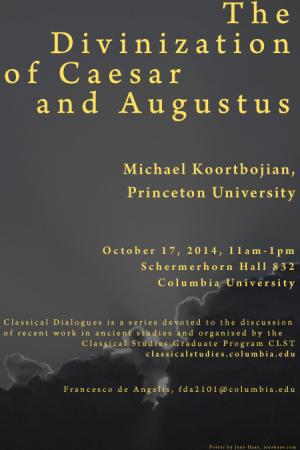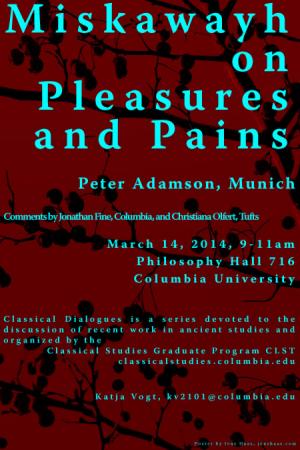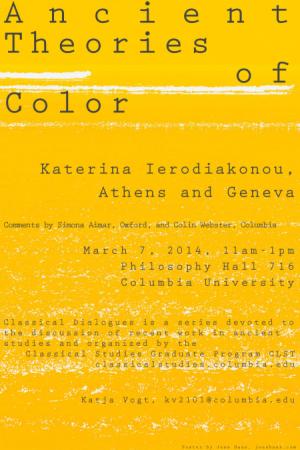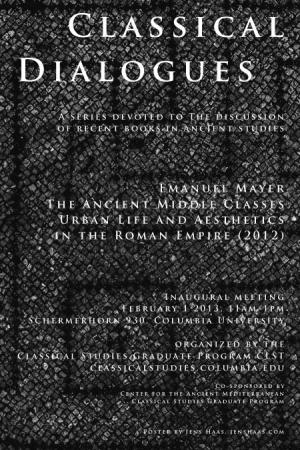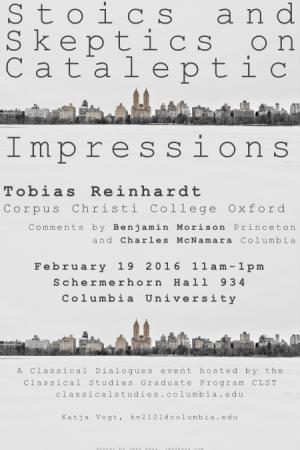As part of its Classical Dialogues series, the Classical Studies Graduate Program CLST at Columbia University is pleased to welcome Tobias Reinhardt from Corpus Christi College, University of Oxford. On Friday February 19 2016, 11AM-1PM, Tobias Reinhardt will discuss his recent work on Academic Skepticism. Comments by Benjamin Morison (Princeton University) and Charles McNamara (Columbia University). Location: Schermerhorn Hall 934, Columbia University.
The Stoics are famous for their view that there are so-called cataleptic impressions, namely, impressions “from what is” and “imprinted and sealed” in accordance with what is. The skeptics are equally famous for arguing against this. As the skeptics aim to show, there could always be an impression that is indistinguishable from the presumed cataleptic impression, and still false. In a well-known anecdote, a Stoic is presented with an apple. In accepting the apple, the skeptics say he accepted that this—what he saw in front of him—is an apple. And yet it was a wax apple! Along these lines, the debate revolves around the question of whether two impressions can be such that no one, not even a wise person, would be able to keep them apart, even though one of them presents the world as it is while the other is false. The precise moves in this debate are highly contested. Reinhardt offers a new reconstruction, which is part of his large-scale project on Cicero’s Academica.
In its Classical Dialogues series, the interdepartmental Classical Studies Graduate Program CLST at Columbia University invites authors of recent work in ancient studies that is exemplary for the kind of study that CLST aims to foster. All faculty and students at Columbia and beyond are cordially invited. CLST students are required to read carefully at least one chapter or article in advance and prepare questions and comments for discussion.
